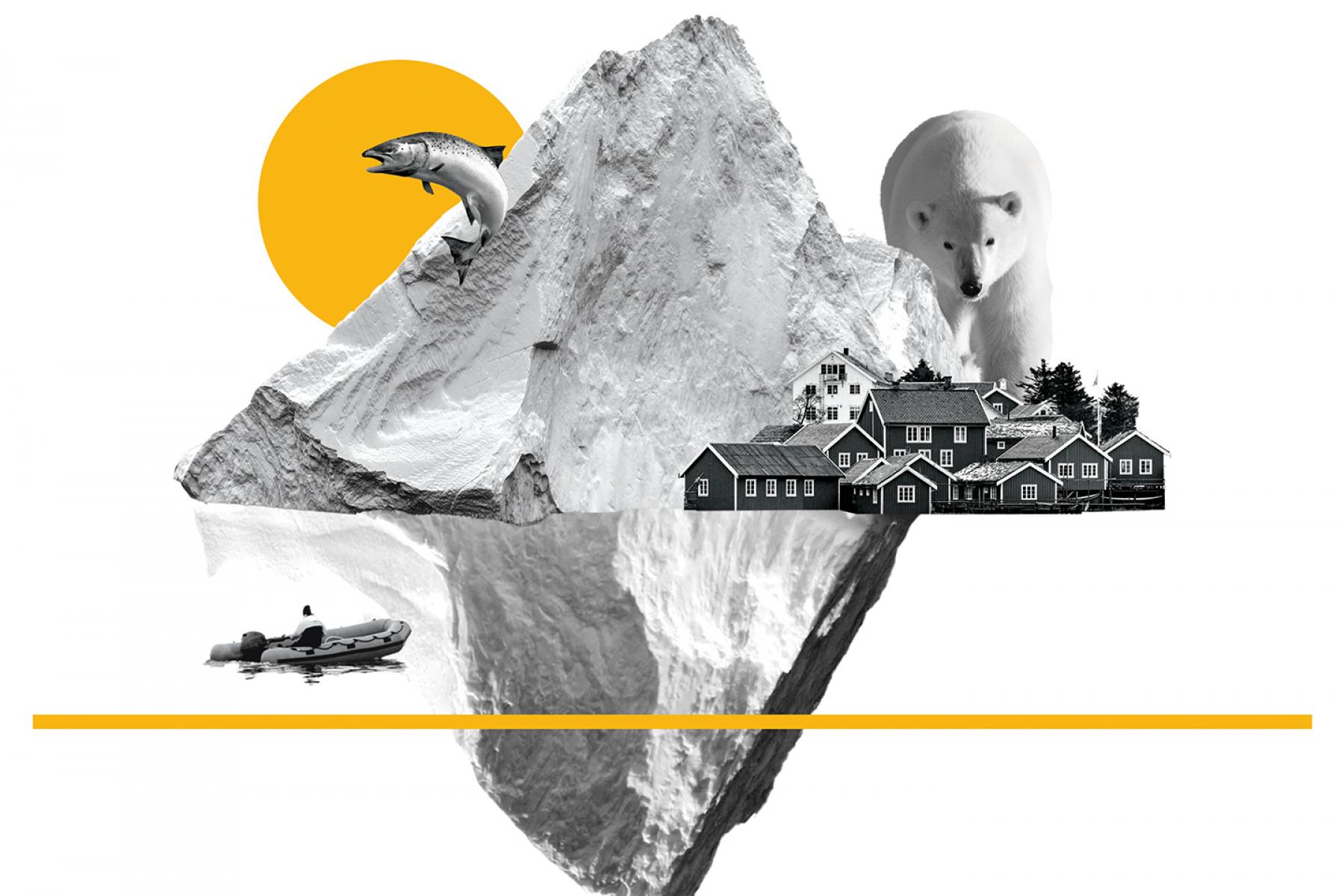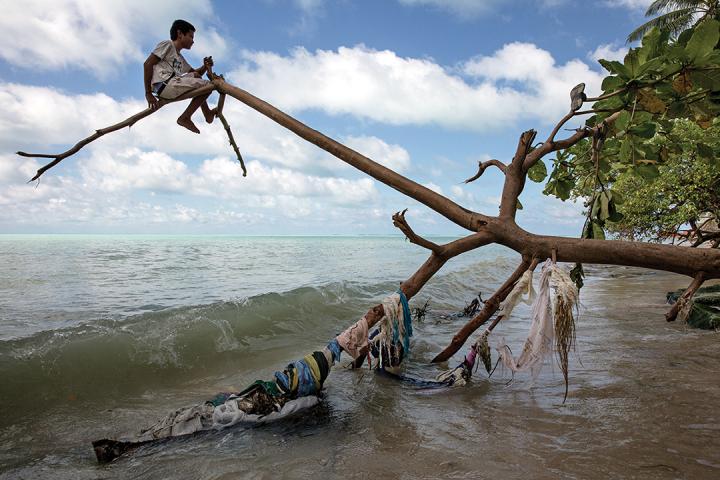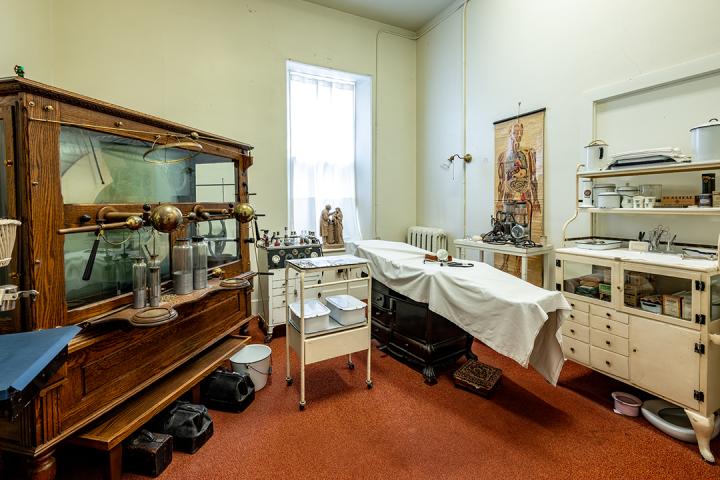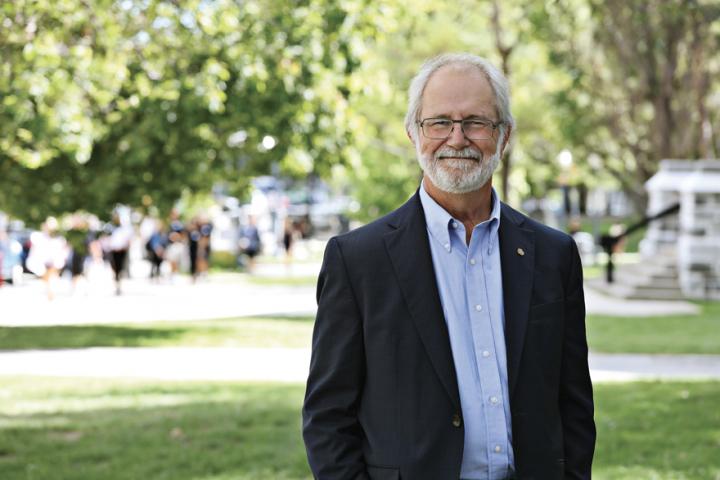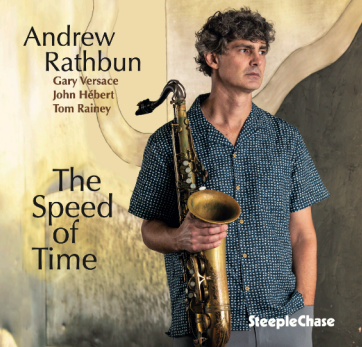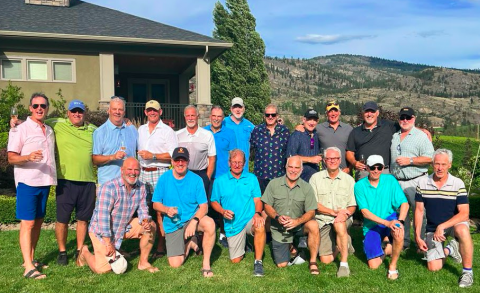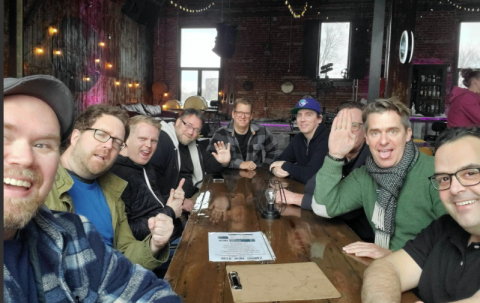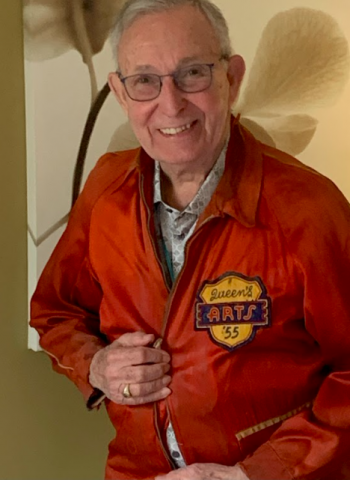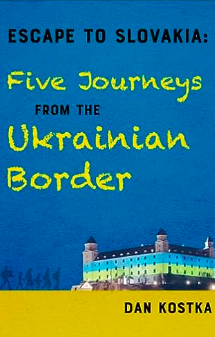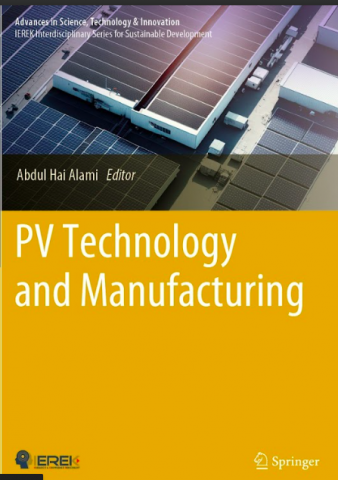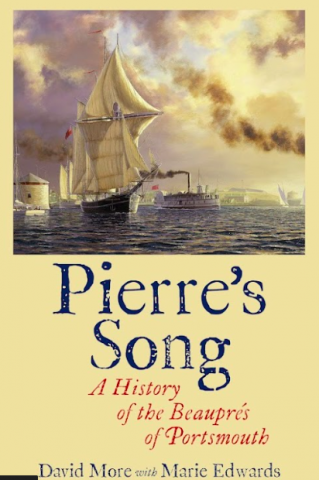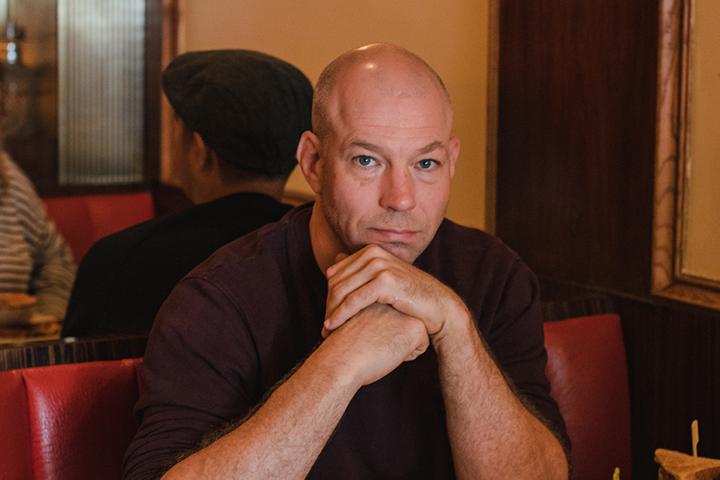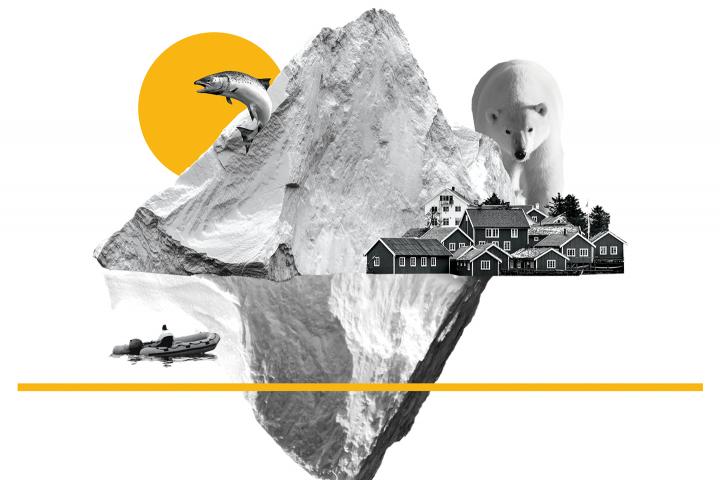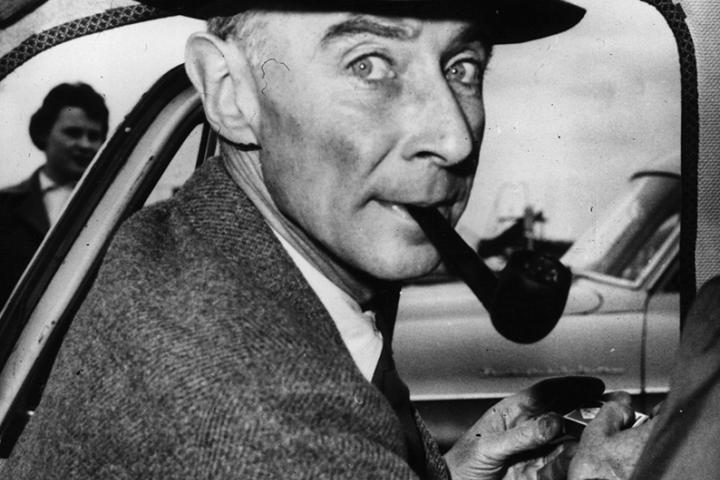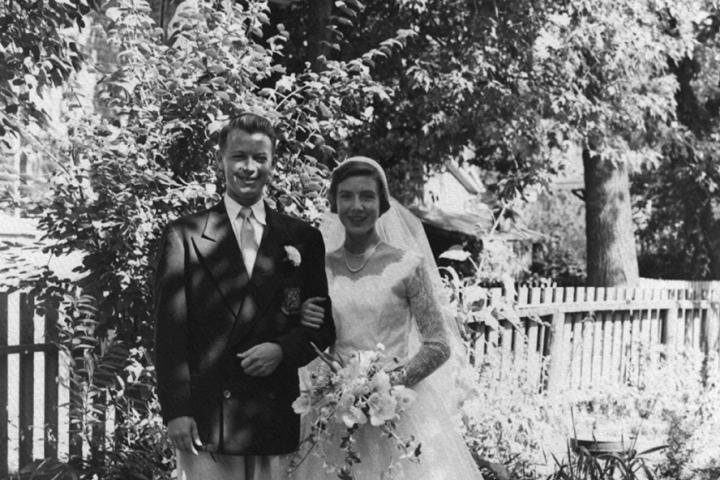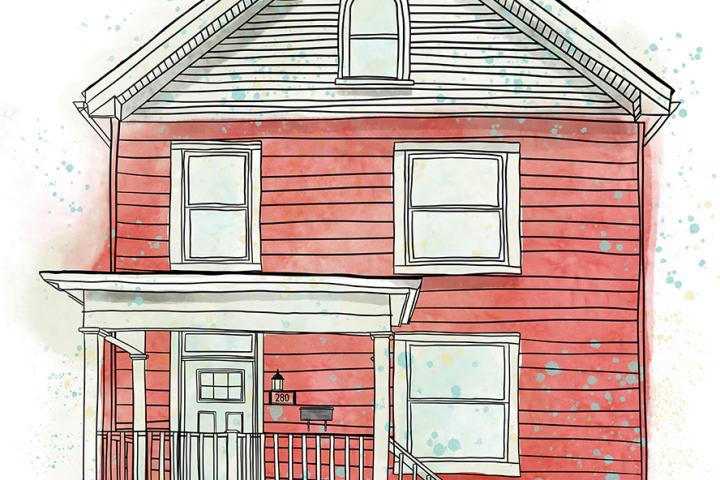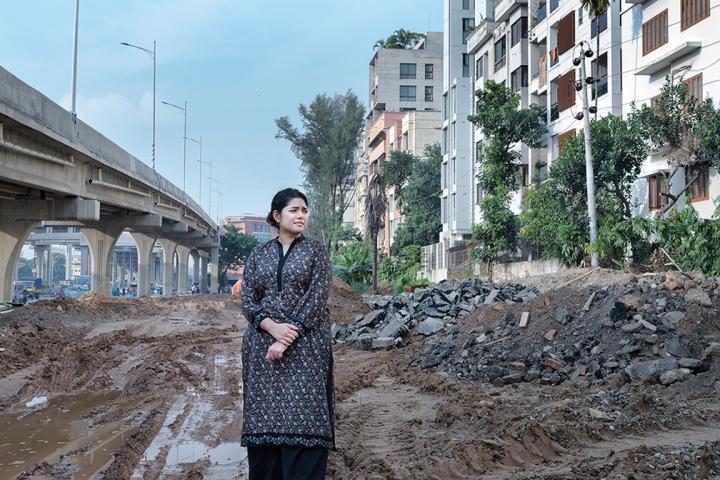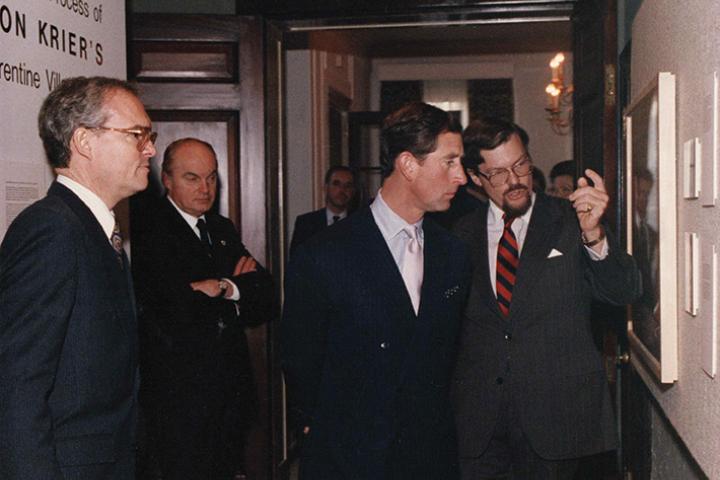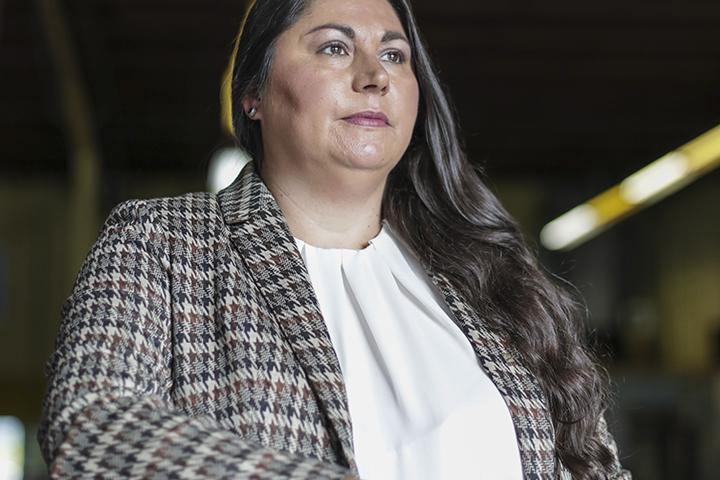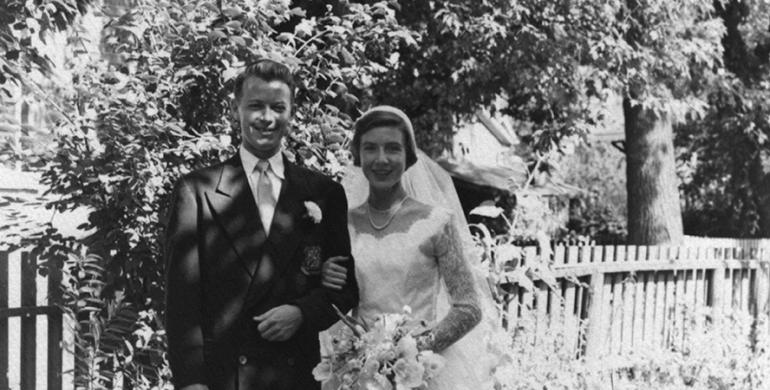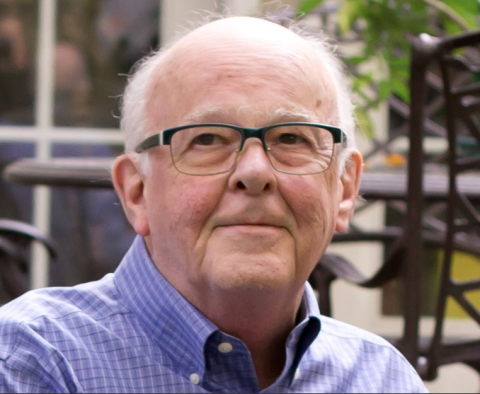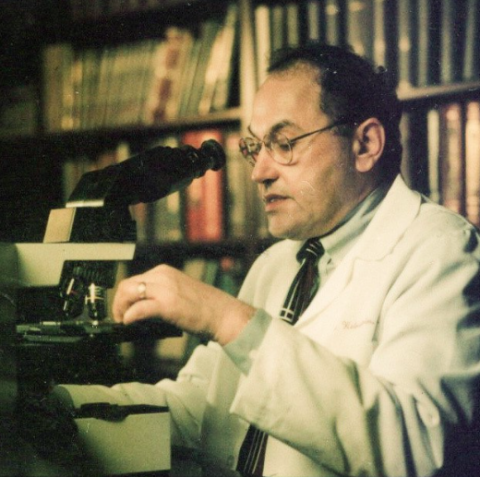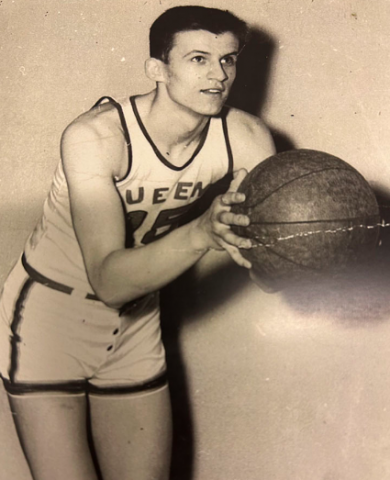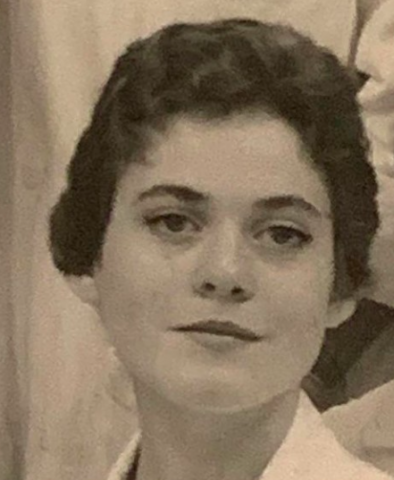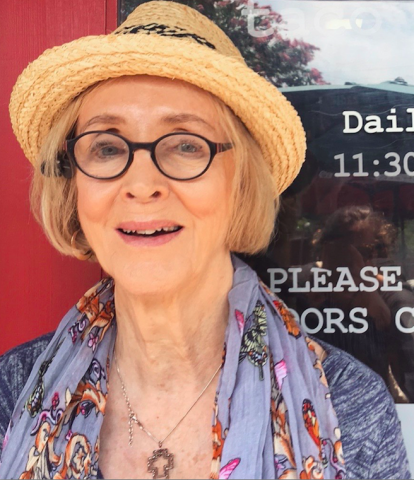Fall 2023
Download pdf(11.79MB)We Want Your Class Notes
Marking career and personal achievements, special milestones and the birth of future Queen's alumni - Class Notes helps you stay in touch with former classmates, housemates, and faculty.
Those Who Have Passed
Sharing memories of friends, faculty, and colleagues - In Memoriam helps you honour those who have recently passed.
-

Should I Keep This Record?
Jamie Lamb, Artsci’96 and Michael Payne, Sc’99, Ed’00
Jamie Lamb, Artsci’96 and Michael Payne, Sc’99, Ed’00, believe “you need four people to make any decision.” And so they invite two friends – often fellow Queen’s alumni – to join them on each episode of their podcast to help them make some important decisions. In “Should I Keep This Record?” – available for download on Spotify – the pair look at old vinyl albums and debate whether or not to keep them. Seasons 1 and 2 featured albums from the 1980s and 1990s, respectively. Season 3 is coming soon.
-
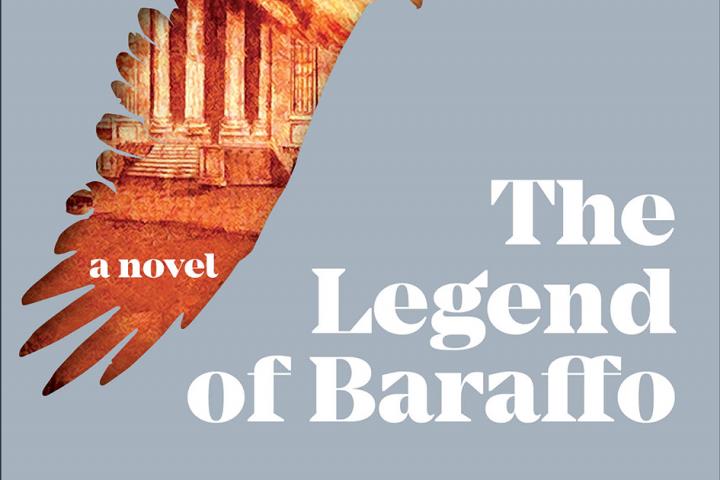
The Legend of Baraffo
Moez Surani, Artsci’03
Is it better to enact social change by working within the system or through acts of revolution? Moez Surani, Artsci’03, ponders this question in The Legend of Baraffo, a book he began writing in Dr. Carolyn Smart’s creative writing class. It tells the story of Mazzu, a boy who befriends a political prisoner and later grows up to become the mayor of his troubled town. The Legend of Baraffo is available through Book*hug Press.
-
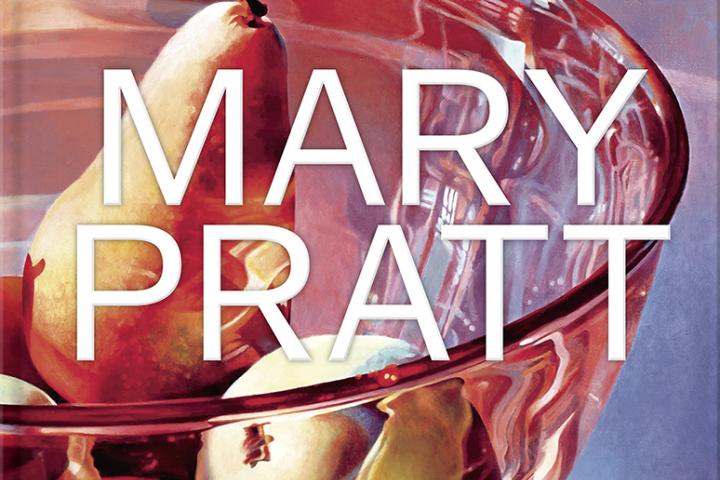
Mary Pratt: A Love Affair with Vision
Anne Koval, Artsci’84
One of Canada’s most celebrated contemporary still-life painters, Mary Pratt is best known for transforming everyday objects into iconic images of vulnerability and imperfection. Art historian Anne Koval, Artsci’84, interviewed Pratt extensively and used those interviews as the springboard for Mary Pratt: A Love Affair with Vision. The book is part biography and part in-depth study of Pratt’s life, work, and the issues – gender, feminism, and realism in Canadian art – that informed them both. Available from Goose Lane Editions.
-
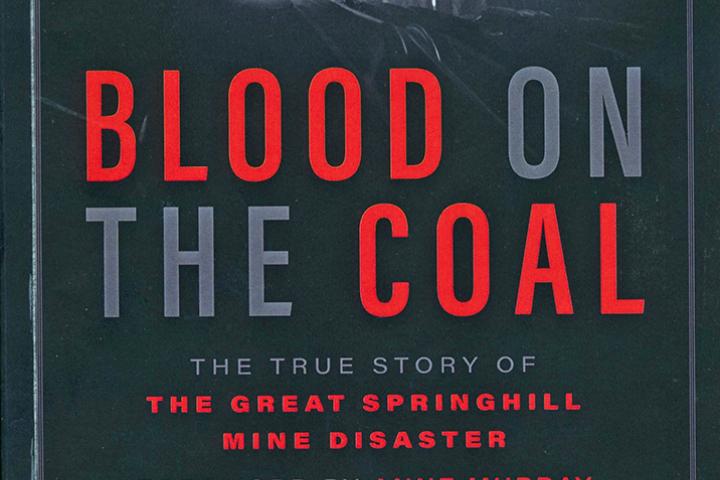
Blood on the Coal
Ken Cuthbertson, Arts’74, Law’83
Former Alumni Review editor Ken Cuthbertson, Arts’74, Law’83, chronicles the 1958 Springhill mine disaster, a workplace incident that still stands as one of Canada’s worst, in Blood on the Coal. At the time, Springhill, N.S., was the quintessential one-industry town whose economic survival depended upon coal. The mine, one of the world’s deepest and most dangerous, continued to operate until disaster struck. The author draws upon archival records as well as interviews with the last surviving miner and his co-workers’ relatives. Available from HarperCollins.
We Want Your Class Notes
Marking career and personal achievements, special milestones and the birth of future Queen's alumni - Class Notes helps you stay in touch with former classmates, housemates, and faculty.
Those Who Have Passed
Sharing memories of friends, faculty, and colleagues - In Memoriam helps you honour those who have recently passed.
